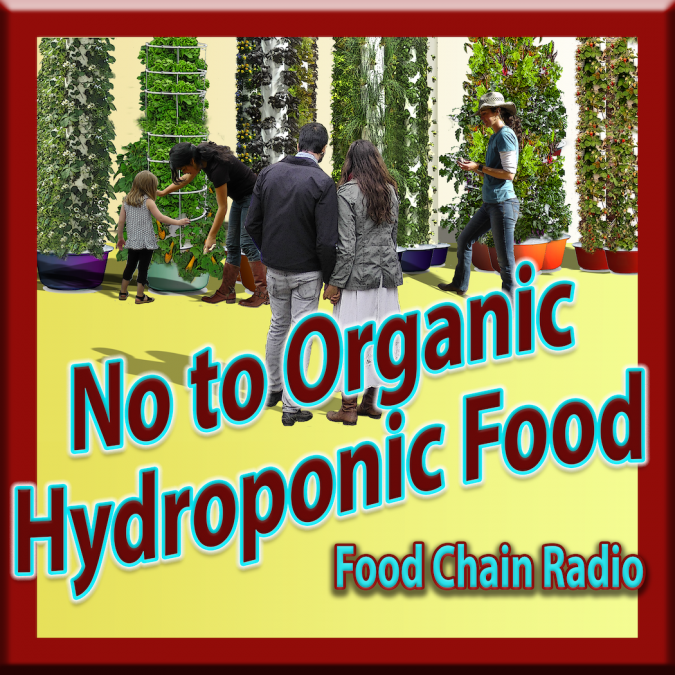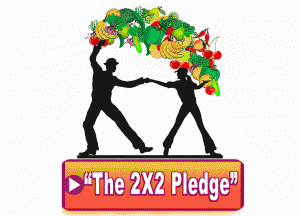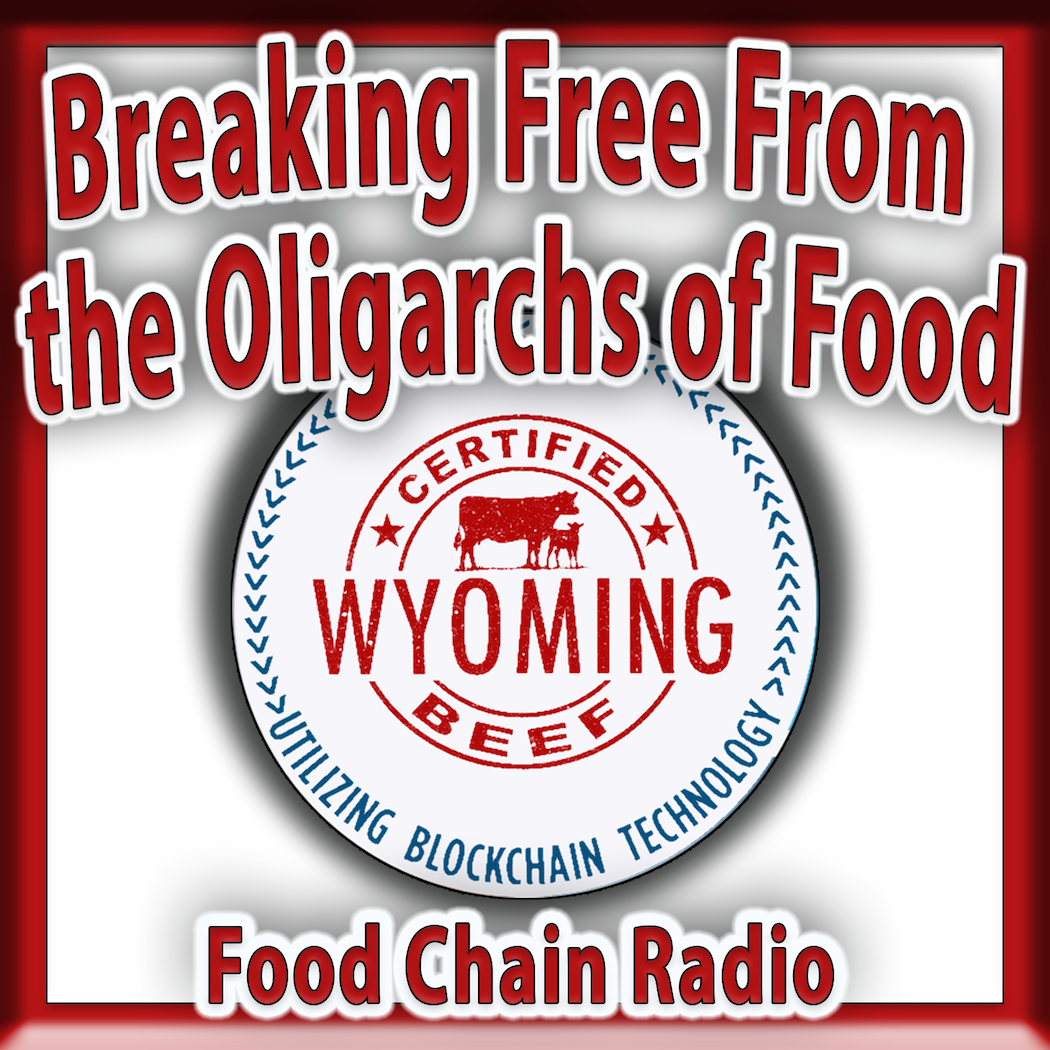
Food Oligarchs
April 14, 2021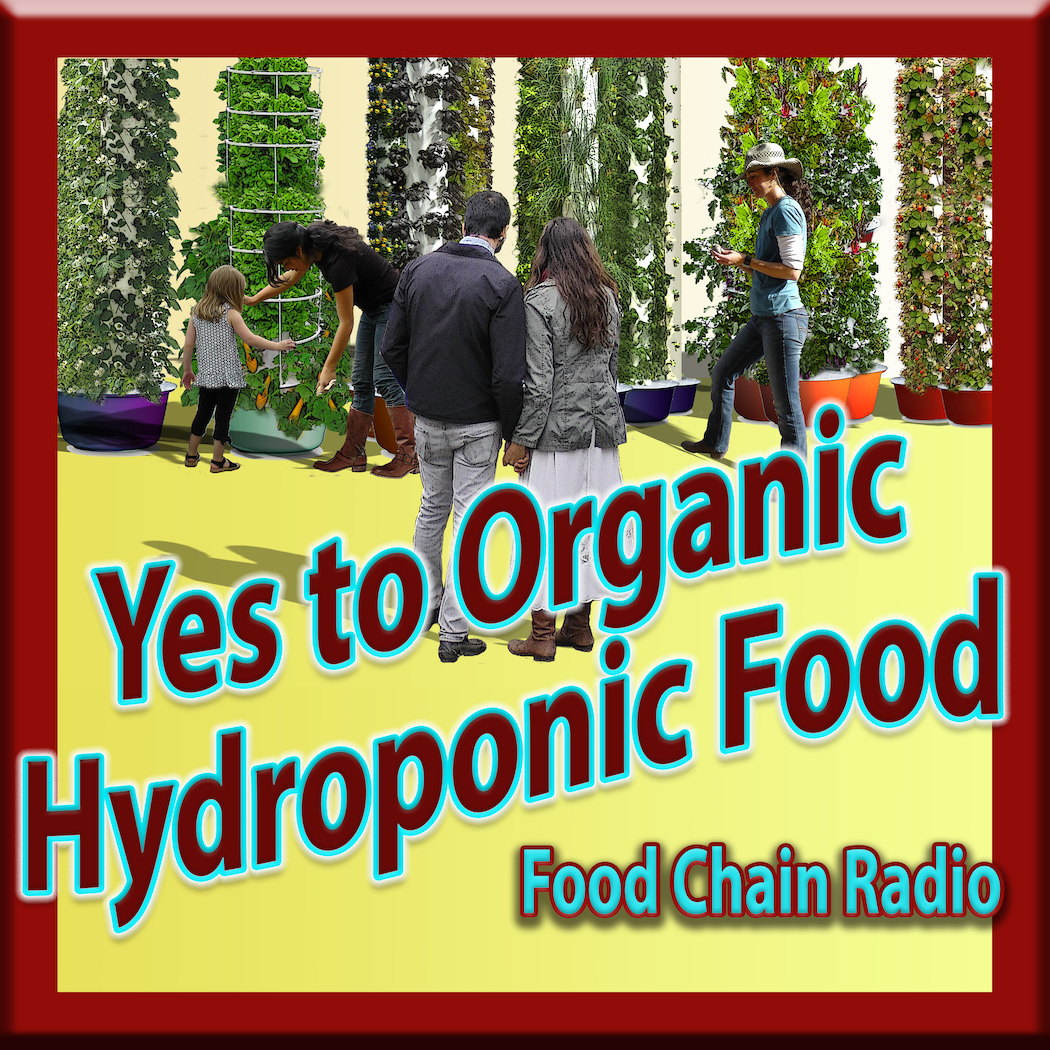
Yes to Organic Hydroponic Food
April 30, 2021GUEST: Sylvia Wu, Attorney, Center for Food Safety
In the early 1900’s Sir Albert Howard, F.H. King, Rudolf Steiner and others championed a way of farming that emphasized fertile soils and natural pest controls.
In the 1970’s their biological farming systems were the alternative to the chemical-intensive systems of industrial agriculture. Advocates for biological farming began calling their farming systems “organic” as a way of selling it to the marketplace.
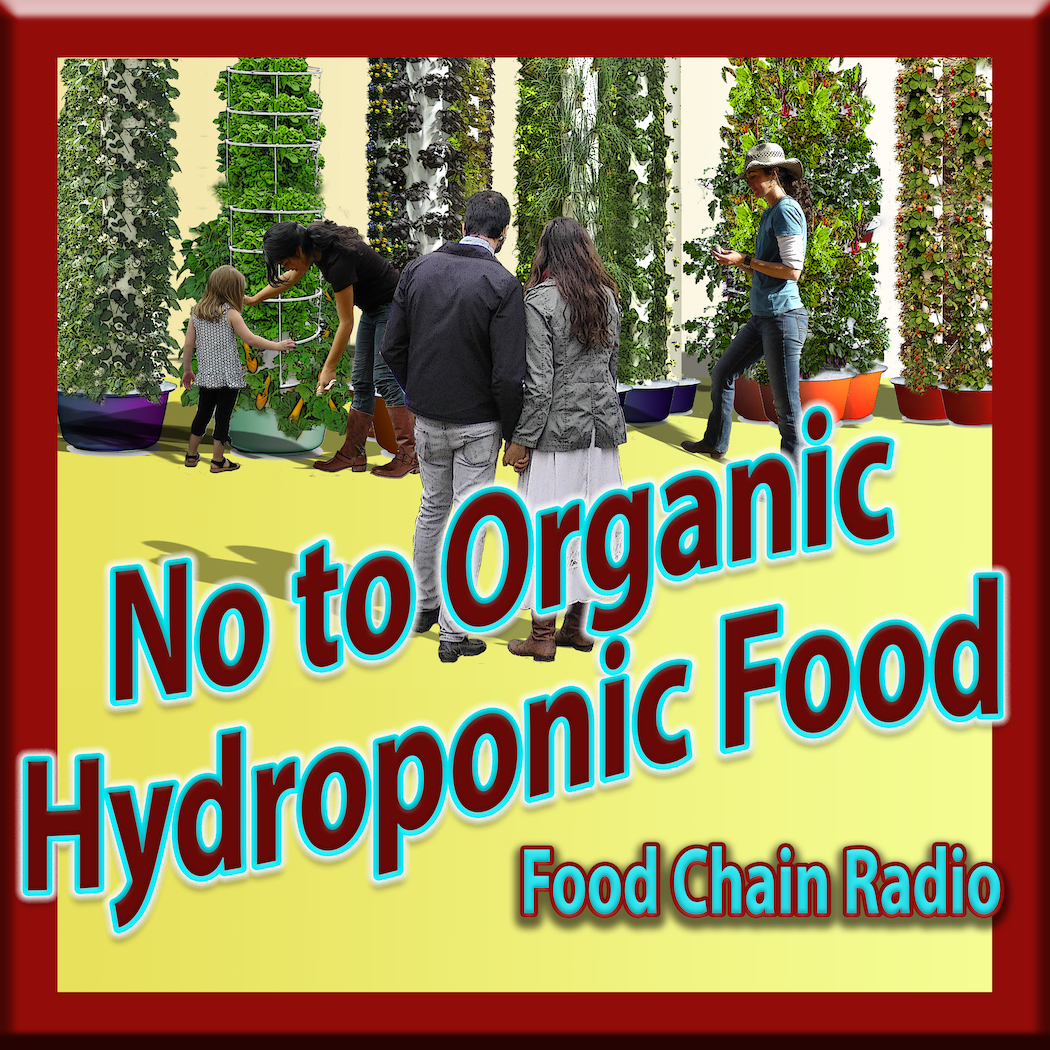
Michael Olson Food Chain Radio – Organic Hydroponic Food –Should organic food be grown in fertile soil?
To protect the word “organic,” proponents of alternative agriculture gave their word to the federal government. In 1990, the word was locked up for safe keeping at the United States Department of Agriculture by virtue of the Organic Foods Production Act and its subsequent National Organic Standards Board.
Given the government’s protection, the word “organic” grew into a brand that now sells for $50 billion dollars a year, give or take. The brand is now like all that gold sitting in Fort Knox just waiting to be taken.
Who should get that gold? Some believe “organic” is the exclusive property of those who grow food in fertile soils. In fact, the 1990 legislation that protects the word even requires organic farmers to promote biological soils.
But others believe they should have access as well, even though they grow food hydroponically, which is to say, without any soil at all. The USDA gave them the key to their vault by ruling that its biological soil requirement only applies to those who grow food in soil. Those who grow food without soil are free to take the gold.
USDA’s gift to hydroponic farmers found its way to the US District Court of Richard Seeborg who ruled that the USDA was within its rights to grant foods grown without soil the organic label.
LEAVE A COMMENT: Should organic food come from fertile soil?
Michael Olson’s Three Laws of the Food Chain
#1 Agriculture is the foundation upon which we build all our sand castles.
#2 The farther we go from the source of our food, the less control we have over what’s in that food.
#3 Cheap food isn’t! READ MORE


